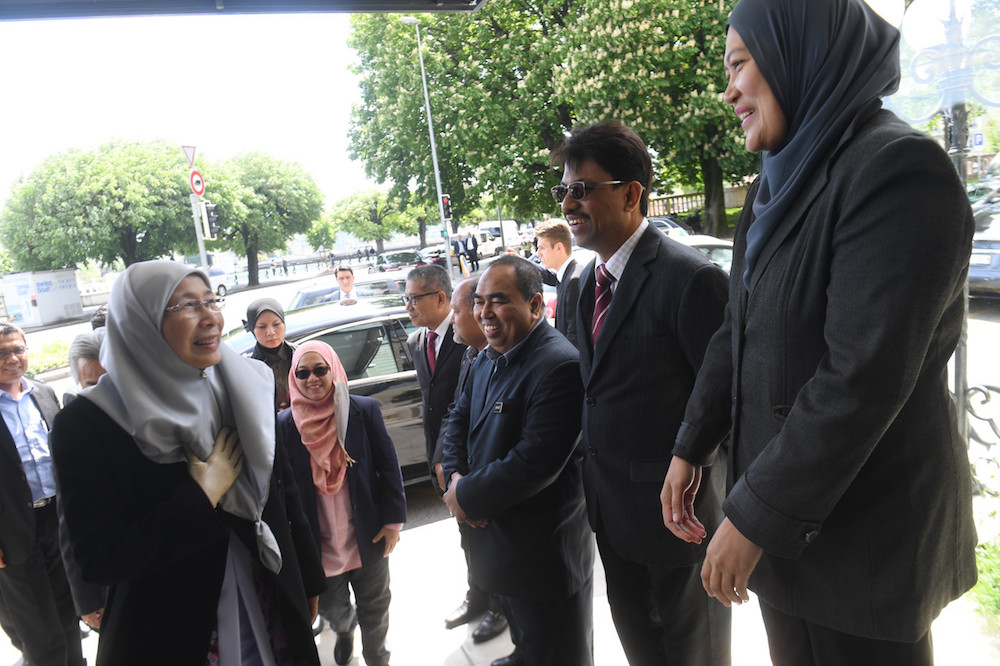GENEVA, May 15 — Malaysia will continue to strive to strengthen the role of women in disaster risk management to ensure that 100 per cent of the population are covered and benefit from risk reduction and resilience building efforts.
Deputy Prime Minister Datuk Seri Dr Wan Azizah Wan Ismail said Malaysia’s approach to disaster risk reduction (DRR) is guided by the belief that women’s roles are crucial in making the community more resilient and better prepared for a continuously changing disaster landscape.
“They are the ones on the ground, and they are the ones able to mobilise their families and communities given the right tools, knowledge, and empowerment.
“Women should not just be seen as mere victims, because like men they possess the skills and capacity to prepare for, respond to and recover from disasters, as well as in managing risks and building resilience,” she said in her remarks at the Global Platform for Disaster Risk Reduction (GPDRR) special session on Women Leadership in DRR, here today.
Dr Wan Azizah, who is also the Minister-in Charge for disaster management said in Malaysia, women’s roles and leadership in DRR have expanded by leaps and bounds and about 30 per cent of those holding decision making positions in the National Disaster Management Agency (Nadma) are women.
She said Malaysia believes that women are a force in resilience building and DRR and as such, the government will leverage on this to include at least 50 per cent of women in the formulation of disaster management and DRR programmes.
“In view of this, the government of Malaysia is now working closely with our local NGOs to create more opportunities for women to be actively involved in resilience building and DRR.
“One result of this engagement is the change in the design of our temporary shelters for disasters and in the provision of disaster diets for pregnant and nursing mother as well as those who need special attentions,” she said.
The minister of women, family and community development said to empower and encourage women to be actively involved in DRR, their access to education and health facilities need to be guaranteed.
Dr Wan Azizah said in this context, the government of Malaysia via various mechanisms is ensuring that discriminatory policies that inhibit women’s access to education and health are eradicated totally.
“In 2018, our women education attainment was higher than men. Last year, the women enrolment rate in tertiary education was 48 per cent compared to 38 per cent for men. If we use life expectancy to show accessibility to health facilities, women generally live longer than men in Malaysia,” she noted.
Dr Wan Azizah said the average life expectancy for women in Malaysia for 2018 was 77.2 years, which is 10 years longer than their male counterparts. — Bernama



















